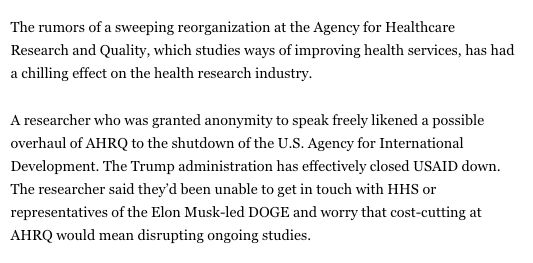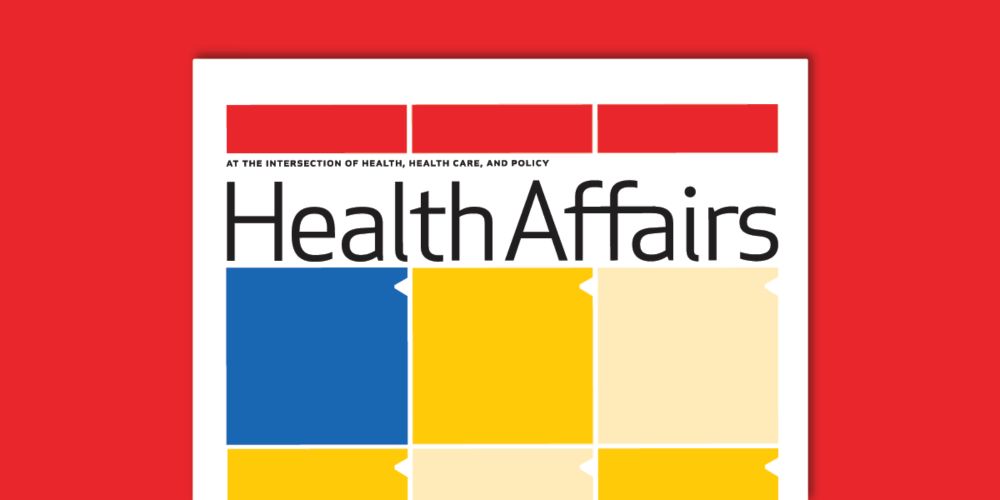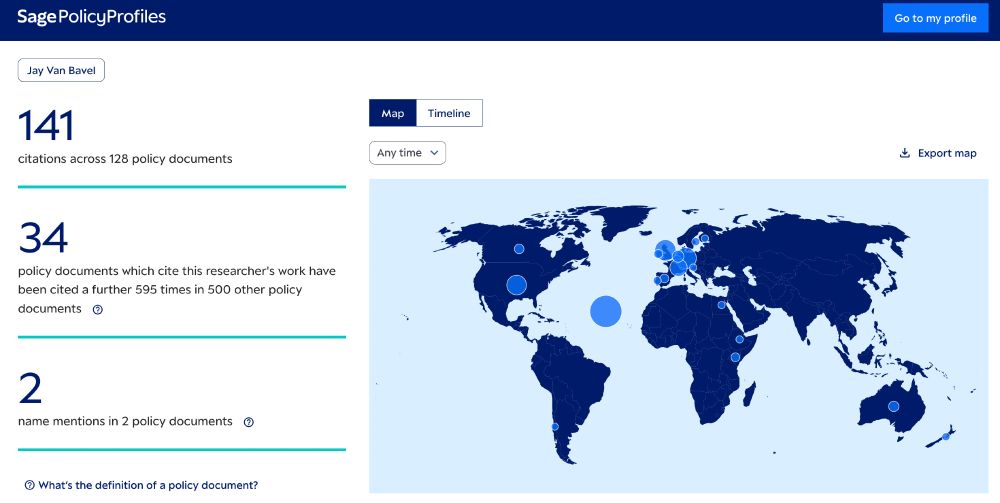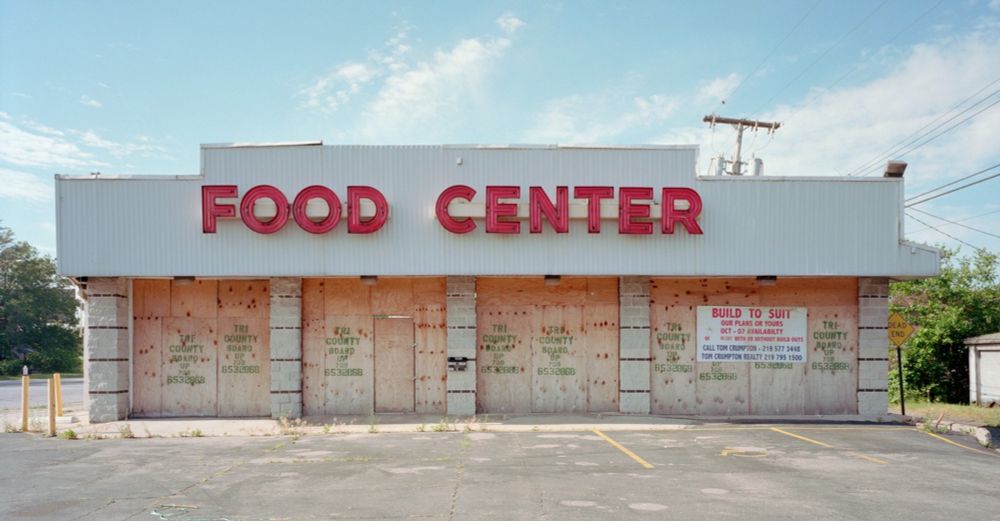



We cannot afford to fly blind on these critical issues.
We really are flying blind now.

We cannot afford to fly blind on these critical issues.
AHRQ fills a hugely important void in the medical and health care research space: it funds work that doesn't map cleanly to a disease, body part, or special population (e.g., older Americans)
www.politico.com/news/2025/03...


I want to provide some context on what that means and why it matters.
grants.nih.gov/grants/guide...
I want to provide some context on what that means and why it matters.
grants.nih.gov/grants/guide...


So often our health care system fails to live up to its name of providing care: www.healthaffairs.org/doi/full/10....

So often our health care system fails to live up to its name of providing care: www.healthaffairs.org/doi/full/10....
Enter your info in SagePolicyProfiles to see the citations of your own publications in policy documents.
You get a profile page. Here is mine as an example: policyprofiles.sagepub.com/profile/5920...

Enter your info in SagePolicyProfiles to see the citations of your own publications in policy documents.
You get a profile page. Here is mine as an example: policyprofiles.sagepub.com/profile/5920...

The so-called "Dual-eligibles".
I found this scoping review interesting. Although this topic is important, I hadn't given it much thought despite feeling its weight on many occasions while attending on clinical service #MedSky
shmpublications.onlinelibrary.wiley.com/doi/full/10....

Nurse practitioners and physician assistants are now responsible for over a quarter of outpatient visits in traditional Medicare - still a lot of room to understand how to optimize their role in clinical care: www.bmj.com/content/382/...




Nurse practitioners and physician assistants are now responsible for over a quarter of outpatient visits in traditional Medicare - still a lot of room to understand how to optimize their role in clinical care: www.bmj.com/content/382/...
jamanetwork.com/journals/jam...

jamanetwork.com/journals/jam...
www.cbo.gov/publication/...

www.cbo.gov/publication/...
#HealthPolicy

#HealthPolicy
If you haven't used any bsky apps before, you need to create an "app password" (under Settings > Advanced) to log in

If you haven't used any bsky apps before, you need to create an "app password" (under Settings > Advanced) to log in
You can read more at the other place:
x.com/dtmaust/stat...

Interests include #GIM #Geriatrics #Deprescribing #RxEpi #HealthPolicy #RxPolicy.
Looking forward to connecting with friends old and new!
Interests include #GIM #Geriatrics #Deprescribing #RxEpi #HealthPolicy #RxPolicy.
Looking forward to connecting with friends old and new!

New paper out in @JAMA_current with @TimAndersonMD: https://jamanetwork.com/journals/jama/fullarticle/2798217
New paper out in @JAMA_current with @TimAndersonMD: https://jamanetwork.com/journals/jama/fullarticle/2798217




